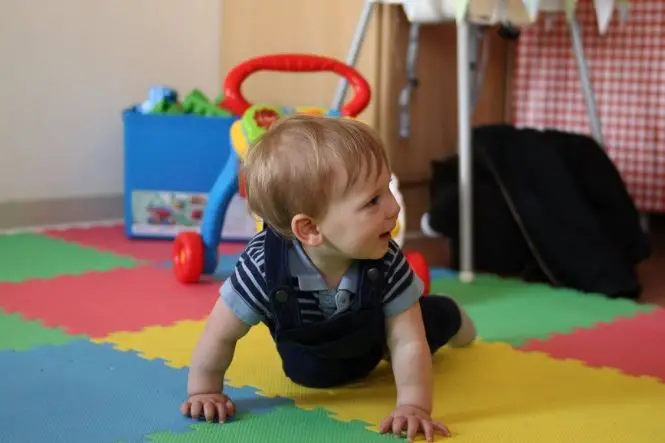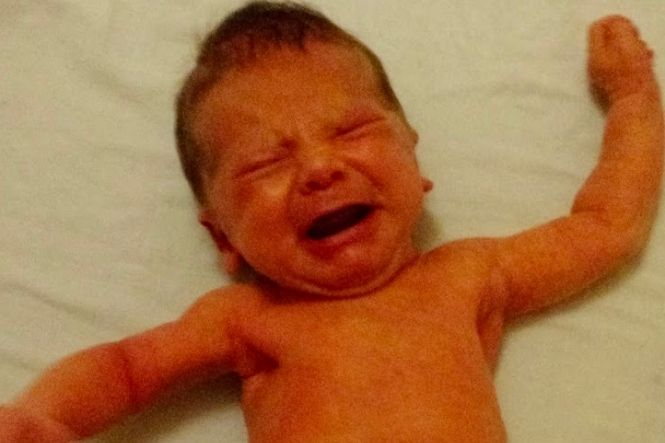As a child minder with 20 years of experience, I have been asked countless questions about the behaviors of toddlers. One question that comes up frequently is, “Why does my toddler burp so much?” Burping is a normal bodily function, but when it becomes excessive, it can be concerning for parents. In this article, we’ll explore some of the reasons why toddlers burp so much and what parents can do to help their child.
Table of Contents
What Causes Toddlers to Burp?
- Swallowed Air: One of the most common reasons for excessive burping in toddlers is swallowed air. Toddlers tend to swallow air when they eat or drink too quickly or when they use a pacifier. This air gets trapped in their stomach, causing them to burp more frequently.
- Gastroesophageal Reflux: Another common cause of excessive burping in toddlers is gastroesophageal reflux. This occurs when stomach acid flows back into the esophagus, causing irritation and discomfort. Toddlers may burp more frequently as their body tries to relieve this discomfort.
- Food Allergies or Intolerances: Food allergies or intolerances can also cause excessive burping in toddlers. When a child consumes food that their body cannot tolerate, it can lead to digestive issues and excessive burping.
- Infection or Illness: In some cases, excessive burping in toddlers can be a sign of an infection or illness. If your child is experiencing other symptoms such as fever, diarrhea, or vomiting, it’s important to seek medical attention.
How Can Parents Help Their Child?
If your toddler is burping excessively, there are several things you can do to help them feel more comfortable:
- Encourage Slow Eating: Encourage your child to eat and drink slowly to prevent them from swallowing too much air. You can also try feeding them smaller, more frequent meals throughout the day.
- Limit Pacifier Use: If your child uses a pacifier, try to limit its use as much as possible. Instead, offer other comfort measures such as cuddling or a favorite toy.
- Identify Food Triggers: If you suspect that food allergies or intolerances are causing your child’s excessive burping, try to identify the trigger foods and eliminate them from their diet.
- Consult a Doctor: If your child’s excessive burping is accompanied by other symptoms or is causing them discomfort, it’s important to consult a doctor. They can perform a thorough evaluation and provide treatment recommendations.
In conclusion, excessive burping in toddlers can be caused by a variety of factors, including swallowed air, gastroesophageal reflux, food allergies or intolerances, and illness. As a parent, there are several things you can do to help your child feel more comfortable, such as encouraging slow eating, limiting pacifier use, identifying food triggers, and consulting a doctor if necessary. With a little patience and support, you can help your child navigate this normal bodily function.
Q: Is excessive burping in toddlers normal?
A: Burping is a normal bodily function, but excessive burping in toddlers can be a sign of a problem. It’s important to identify the cause of excessive burping and seek medical attention if necessary.
Q: What are some common causes of excessive burping in toddlers?
A: Some common causes of excessive burping in toddlers include swallowed air, gastroesophageal reflux, food allergies or intolerances, and illness.
Q: How can I help my toddler feel more comfortable if they are burping excessively?
A: Parents can encourage slow eating, limit pacifier use, identify food triggers, and consult a doctor if necessary to help their toddler feel more comfortable if they are burping excessively.
Q: Is there a way to prevent excessive burping in toddlers?
A: Parents can prevent excessive burping in toddlers by encouraging slow eating, limiting pacifier use, and avoiding trigger foods if their child has a food allergy or intolerance.
Q: What should I do if my toddler’s excessive burping is accompanied by other symptoms?
A: If your child’s excessive burping is accompanied by other symptoms such as fever, diarrhea, or vomiting, it’s important to seek medical attention as it may be a sign of an infection or illness.







